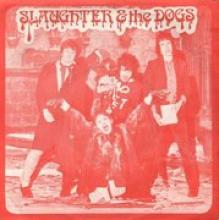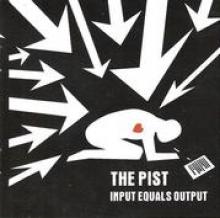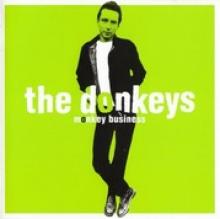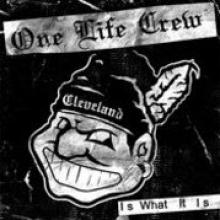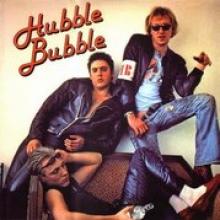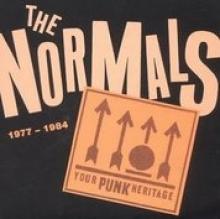Skrewdriver is Better than Your Favorite Punk Band
In and around the time Ian Stuart cobbled together the first line up of the now notorious band, he’d just come off a stint as a member of a Rolling Stones cover band. And while there wasn’t a pervasive political attitude flying from All Skrewed Up, the band soon found itself being heralded by a buncha skinners. Unfamiliar with the political ideologies of the right, Stuart and company just played shows. World views weren’t really a concern at this point, but as it became increasingly difficult for Skrewdriver to book gigs due to the perceived violence of its performances, band members soon disbanded the ensemble.
After kicking around for a few years and apparently investigating the platform of the National Front, Ian Stuart found a center for his band, its focus. And for this reason, Skrewdriver was put back together during the early ‘80s. What resulted were politically charged punk tracks with a bit of hard rock tossed in for good measure. It was only the very slightest in departures musically, but now the lyrical content was awash in reactionary rhetoric and nonsensical pride in a nation that was comprised of every conceivable race and creed on the planet.
Nationalism isn’t itself problematic. Believing in the goals and direction of one’s homeland is more than commendable. But to prostitute those ideals in order to spur on others to intimidate a segment of society is just short of reprehensible. Embracing skinhead culture helped propel Stuart and his band to international renown – good and bad. But as the group eventually became the mouthpiece of the white-dispossessed in England and throughout the world, Skrewdriver’s music basically started to stink.
It’s last effort that mattered (or the last two, but I’ve never seen these albums sold separately) was Boots & Braces/Voice Of Britain. The music was strong enough to even result in some tracks broadly embraced by the punk community despite the new message of its creators. “Antisocial” was and remains one of the better screeds on how an individual enmeshed in a subculture might perceive the world. A few other tracks from the latter day Skrewdriver would match that effort’s intensity. And while a great many other songs here sound good, once you take a listen to what’s being related, you’ll wanna skip around a bit. It’s not for the faint of heart or those that give a damn about P.C. nonsense, but if I can toss it on, you can.
